The King highlights the “valuable contributions to collective security” and the alliance with NATO to strengthen the EU

Bruges – King Felipe VI appealed this Friday for the unity of Europe and to increase the “influence” of the bloc in the face of the instability and uncertainty of the international context, a challenge for which he advocated defending the principles and values that govern the international order and peace, also with “valuable contributions to collective security” and with the strengthening of alliances such as the one that exists with NATO, “on which the security of Europe depends so much.”
“We cannot start strengthening our capabilities – it would not make sense to do so – without considering our alliances, and in particular the North Atlantic Alliance (NATO), on which the security in Europe depends so much,” said Felipe VI during the closing ceremony of the 2024-2025 promotion of the College of Europe at the Theatre of Bruges (Belgium), in a speech in which he also addressed the war in Ukraine and the situation in the Middle East.
“What we can aspire to, and must aspire to, is to increase our influence and speak with a more effective and recognizable voice,” expressed Felipe VI, before warning that this will only be possible if as Europeans “we continue to make our valuable contributions to collective security and equip ourselves with the means to uphold and defend the principles that we believe should continue to govern the international order and peace among nations.”
“The combined resources and armed forces of the member states have enormous potential; their prestige is indisputable. However, much progress is needed in aligning resources, planning capacity, command structures, and defense industries,” he emphasized.
He also defended that the transatlantic bond, as an “emblematic strategic framework,” “is not just a political option determined by chance,” but is a way of “understanding our place in the world,” as a community based on values forged during the tumultuous years of the 20th century.
Remembering Jacques Delors
Felipe VI wanted to remember in his speech the former President of the European Commission Jacques Delors to highlight the European project in the face of the current “great geopolitical upheaval” for which multilateralism, Atlanticism, and the rules-based international order “are suffering a clear erosion.”
“An era of threats to alliances that seemed unbreakable, ties that seemed unbreakable, and a stability that seemed endless,” described the monarch, before emphasizing the European integration project in the face of the “uncertainty” that is “taking hold of the present and the future.”
We must not ask what Europe can do for us but what we Europeans can do for Europe
Therefore, Felipe VI also appealed for the promotion of European citizenship and requested, paraphrasing Kennedy, to move from asking “what can Europe do for us, to what can we, the Europeans of the 21st century, do for Europe”; because, he emphasized, the Union “is not just a community of rights and freedoms, but also of commitments and duties.”
“Our commitment to Europe, to the concept of Europe, is a commitment to our freedom, equality, and future. It will require much effort, even sacrifice, as is inevitable when so much is at stake. In our modern world, so deeply interconnected, no country or organization can aspire to be truly autonomous, nor would it be clearly beneficial,” he said.
“The Europe we want, the Europe we fight for, is one of solidarity and free thought; a Europe that never shies away from a challenge, precisely because it knows from experience what it can lead to,” he reasoned, before emphasizing that Europe “must always define itself by its commitment and by the high values and principles that are based on the legacy of these 70 years.”
The Middle East and Ukraine
The King also referred to conflicts abroad and the instability that makes the world based on multilateralism and the Universal Declaration of Human Rights “increasingly undermined and questioned, even by some of those who were its greatest defenders.”
In this context, the monarch referred to both conflicts that go unnoticed by global attention, such as those occurring in sub-Saharan Africa, and those that dominate the news, including in the Middle East where “a brutal war is devastating Palestine, after no less brutal attacks against Israel, ignoring the fundamental rules of humanitarian law.” He also considered the “escalation of hostilities” between Israel and Iran to be “concerning.”
Regarding Ukraine, Felipe VI recalled the three years of “aggression and invasion” war provoked by Russia and, after evoking the “great tragedy” that Ukrainians are suffering because of it, called for “never abandoning” the Ukrainians. (June 20)





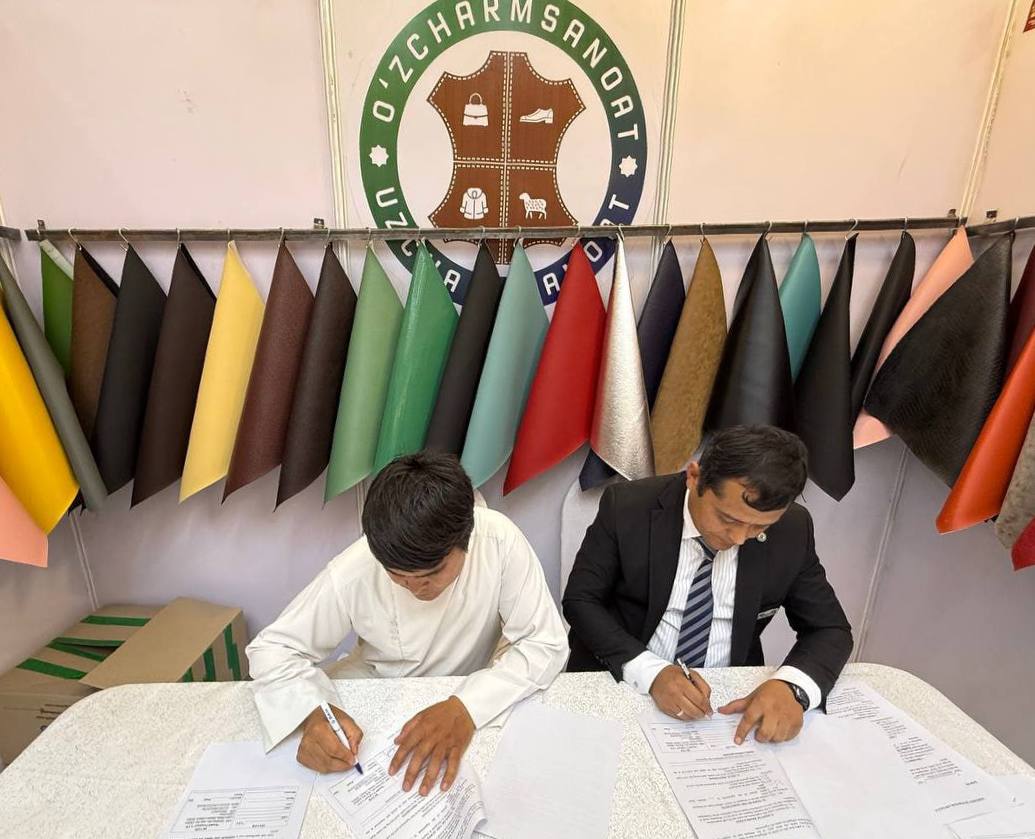
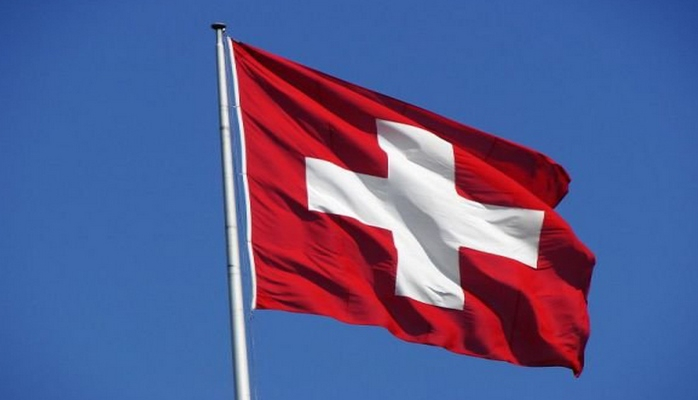



















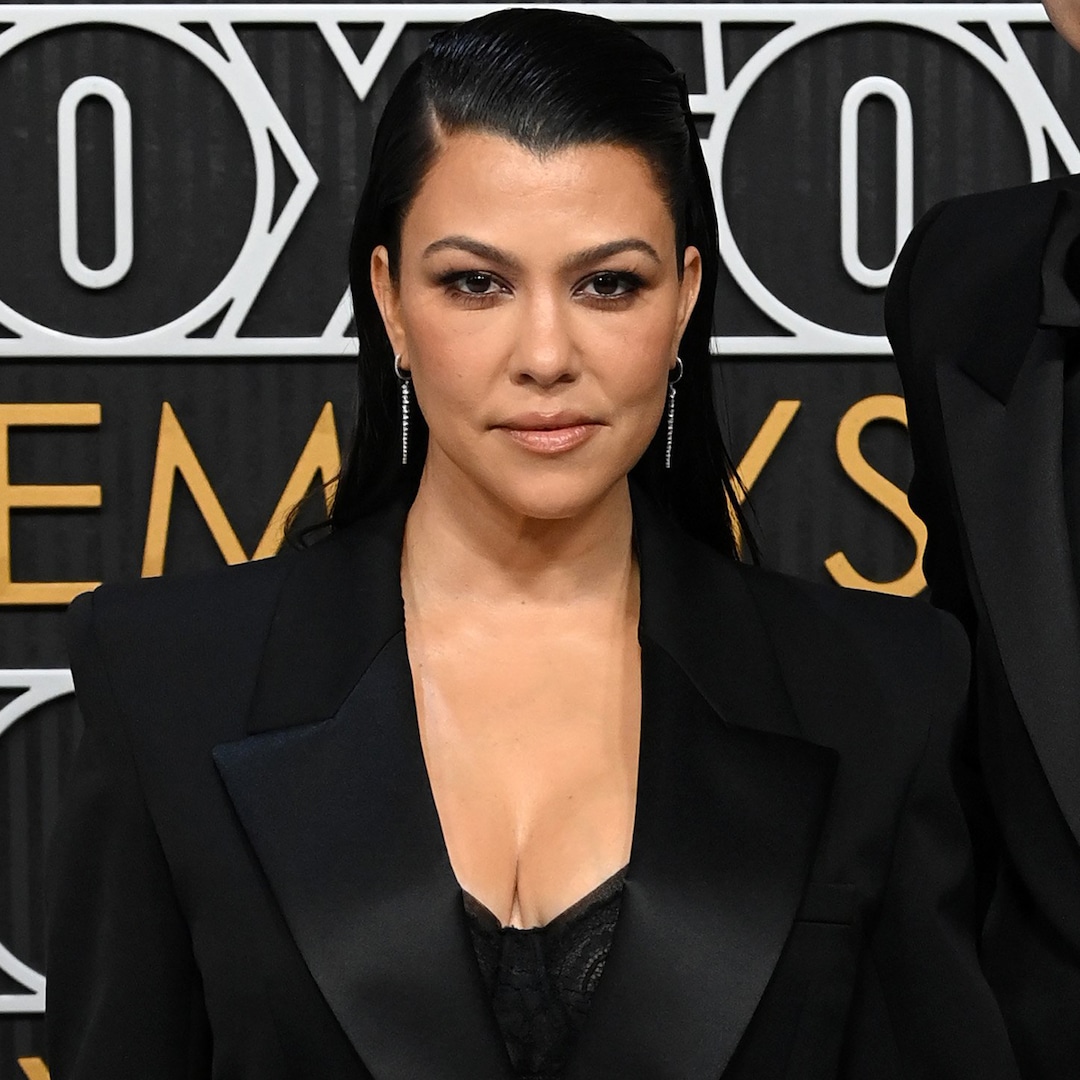

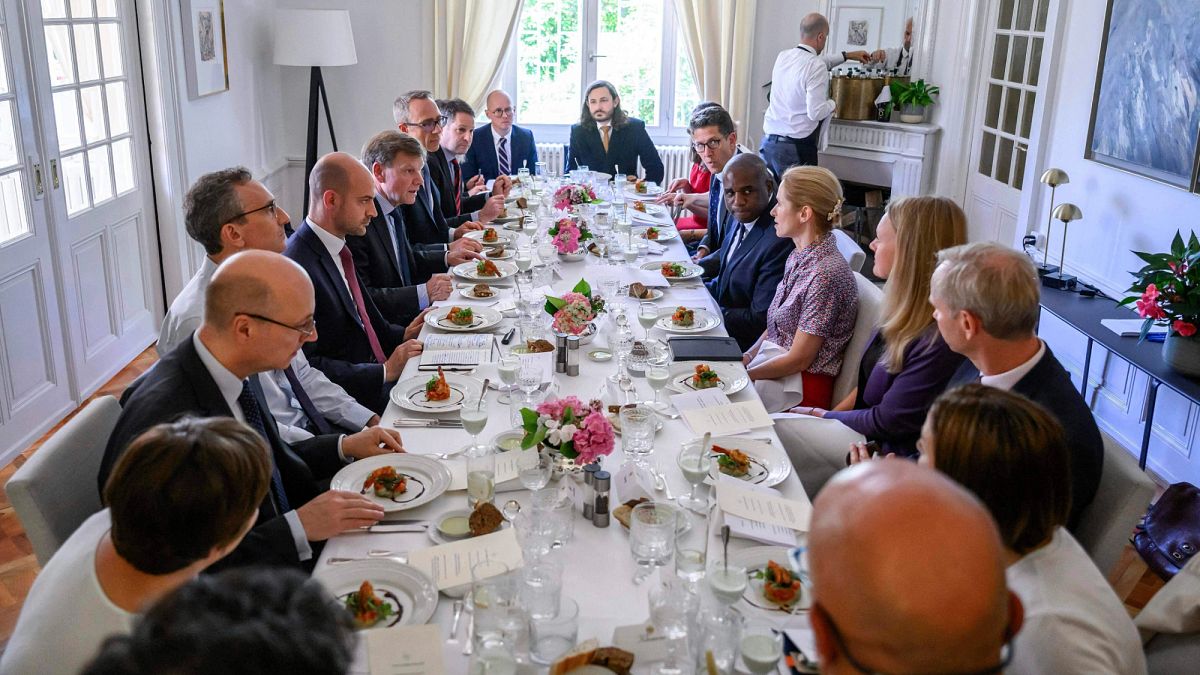






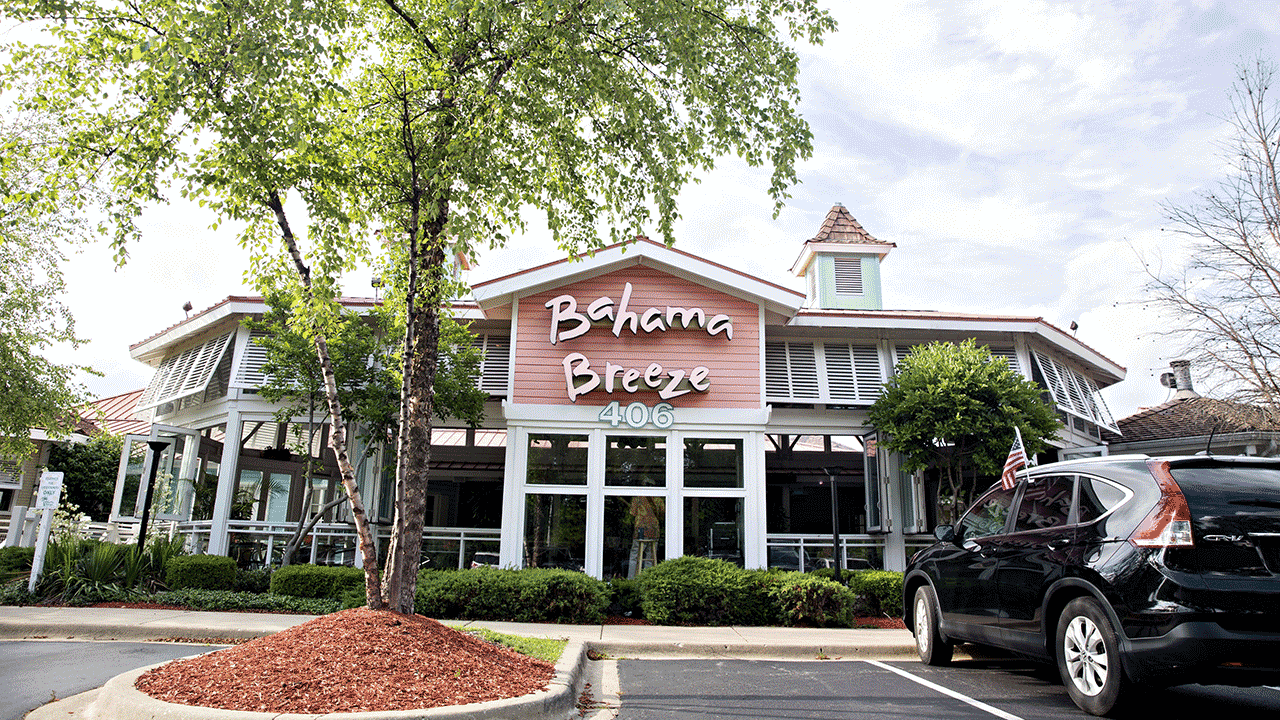
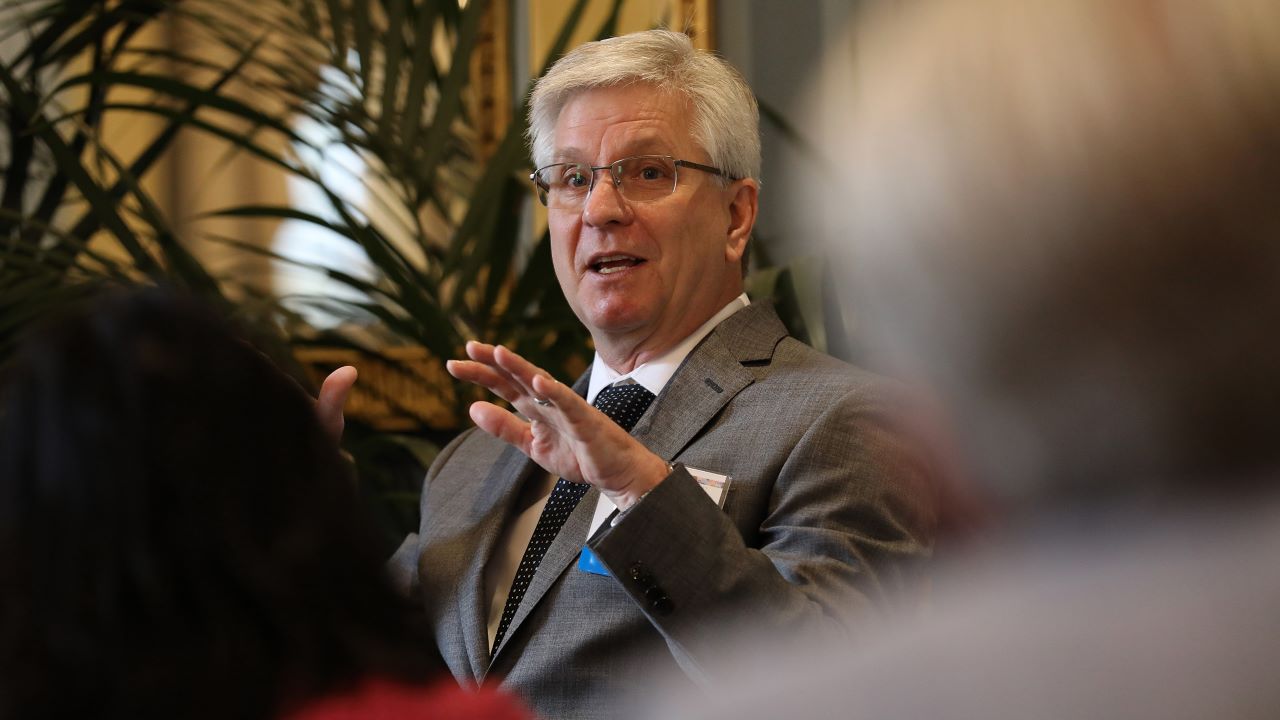
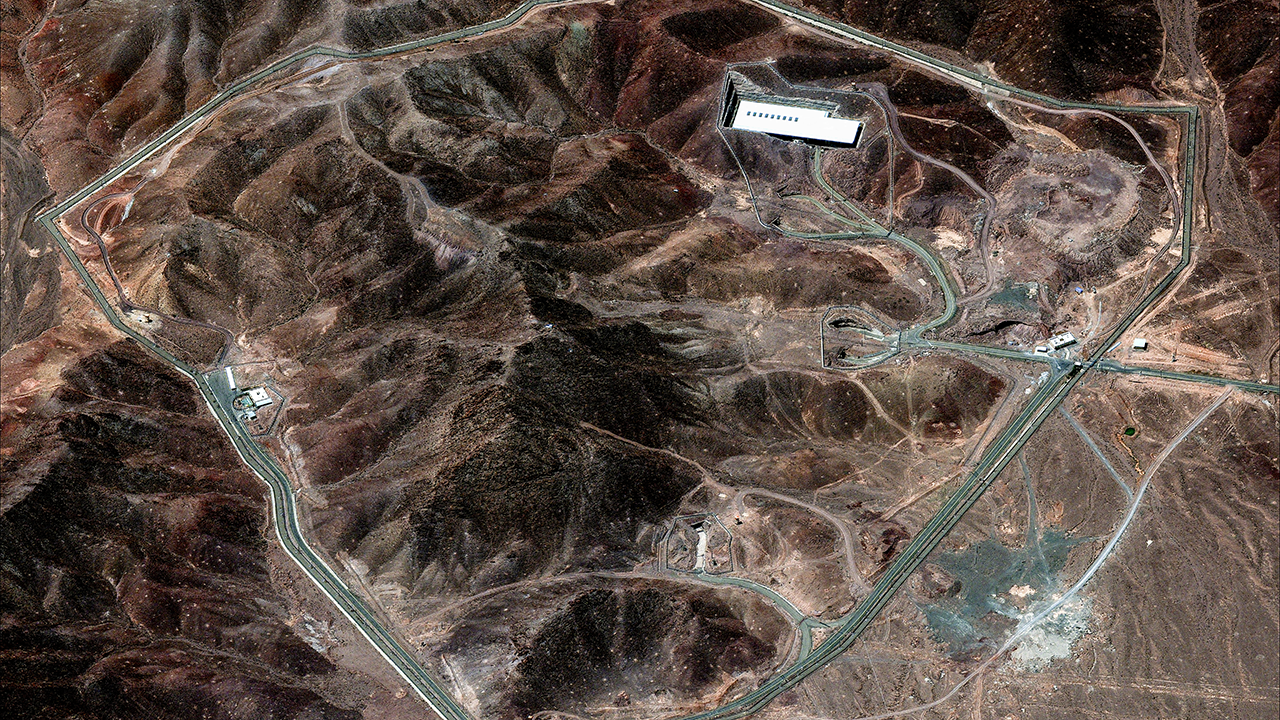

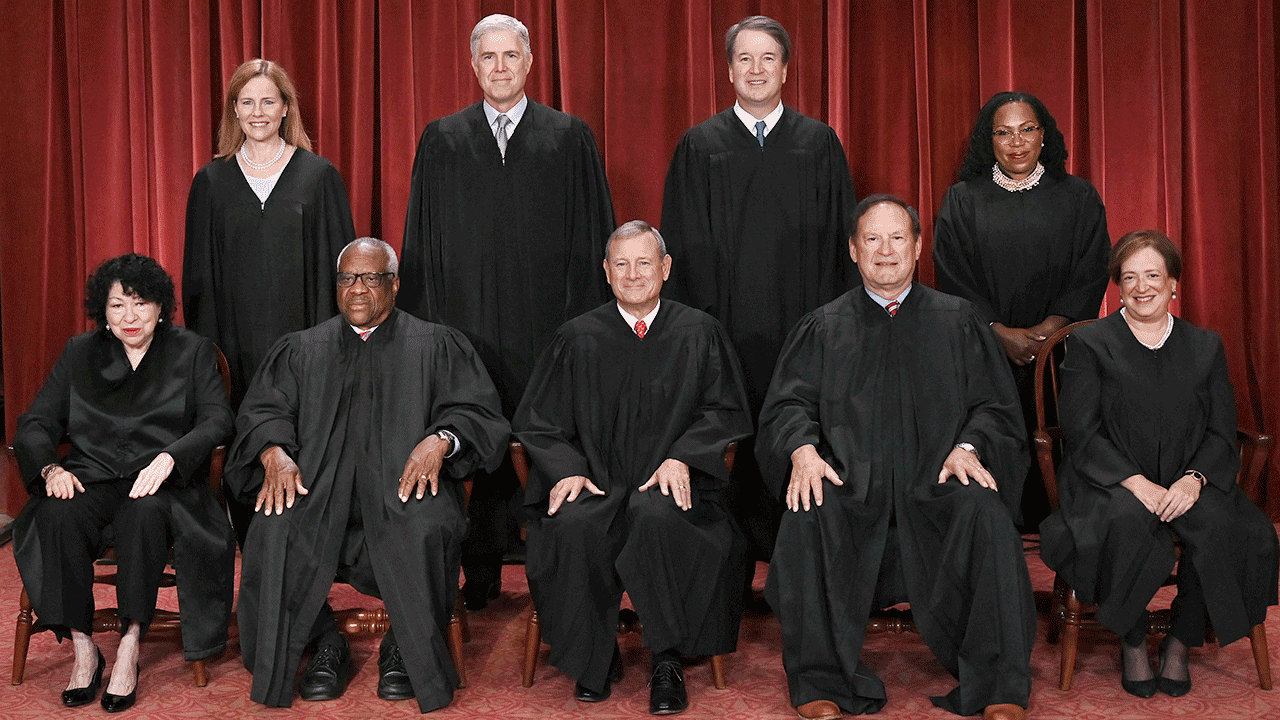

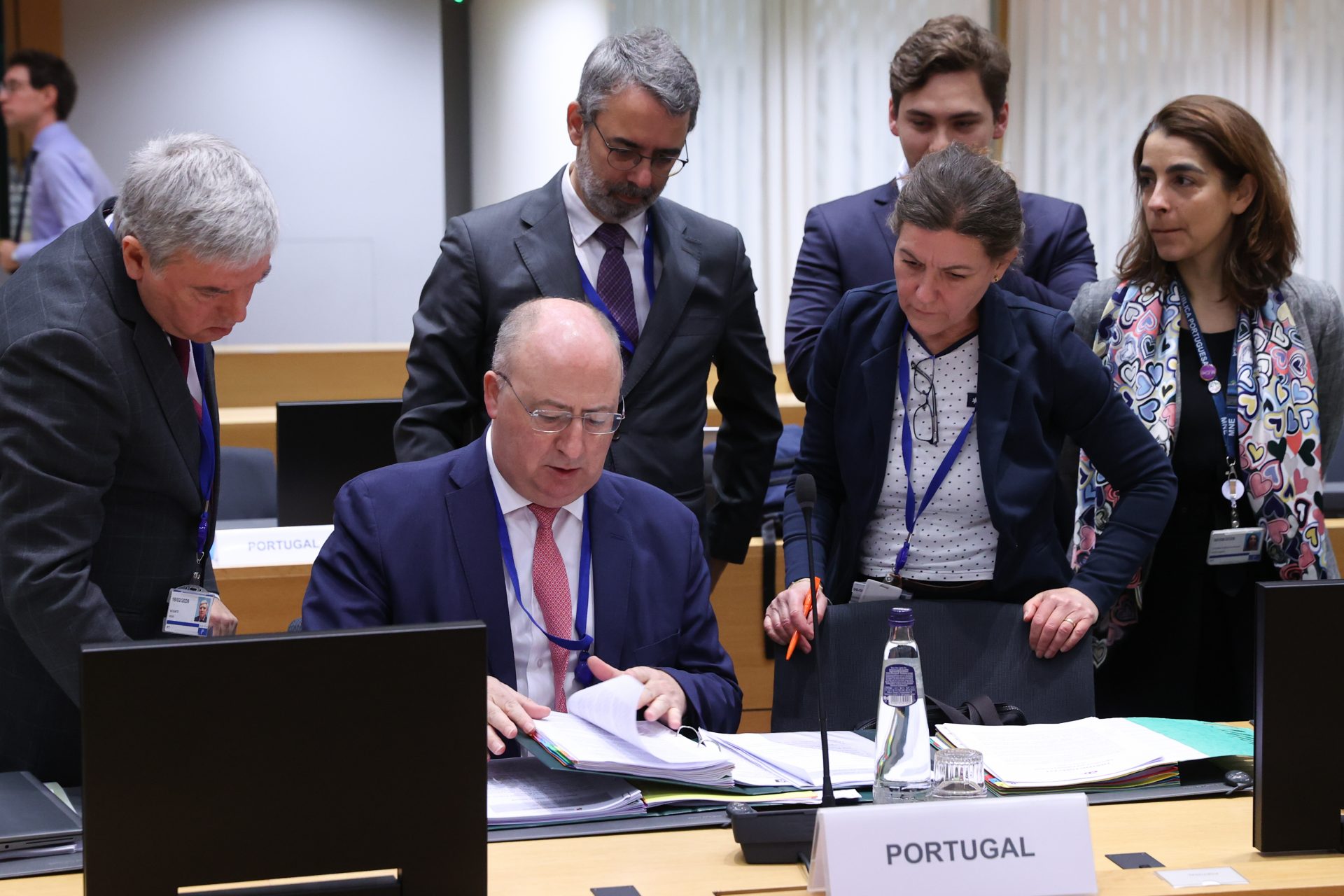
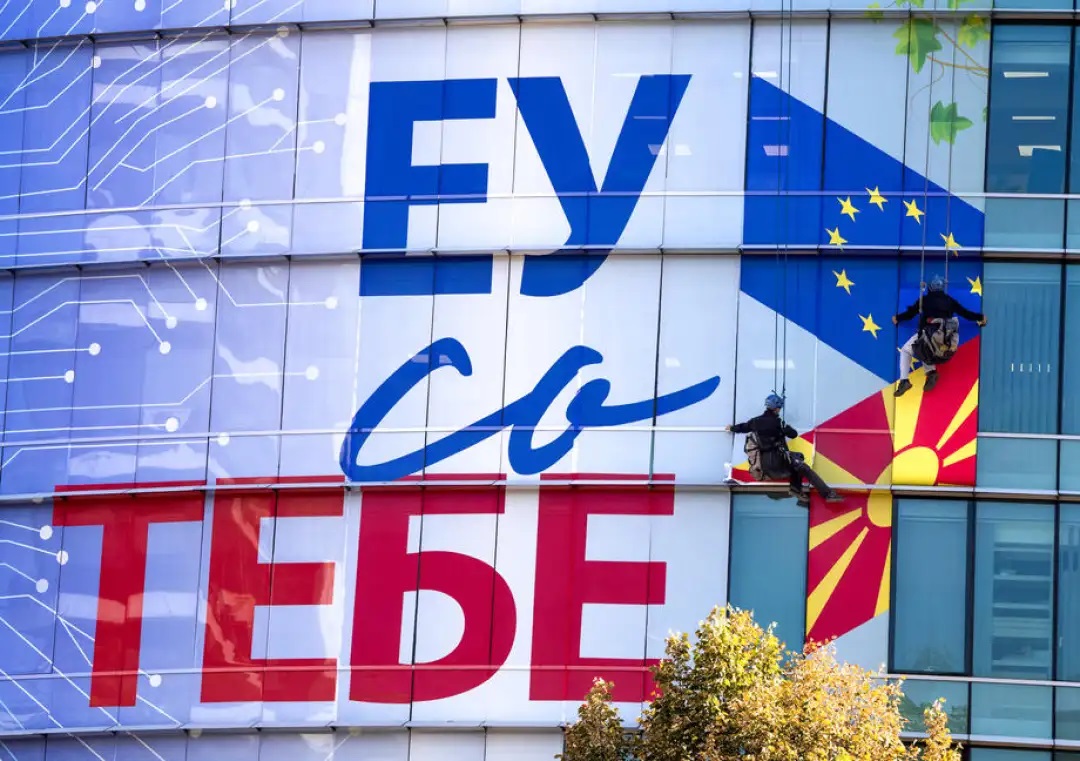
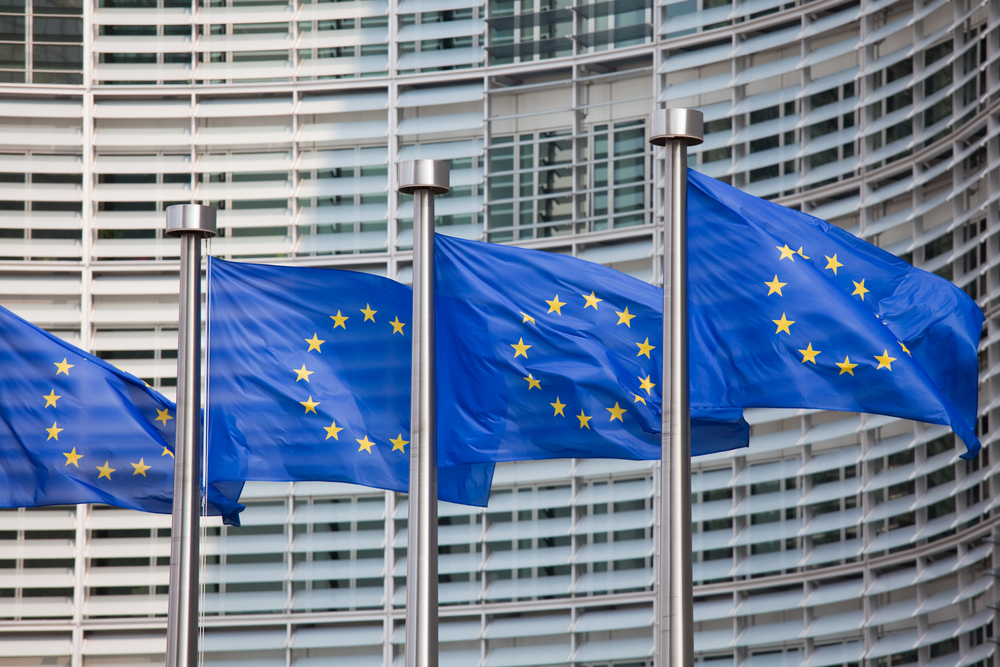

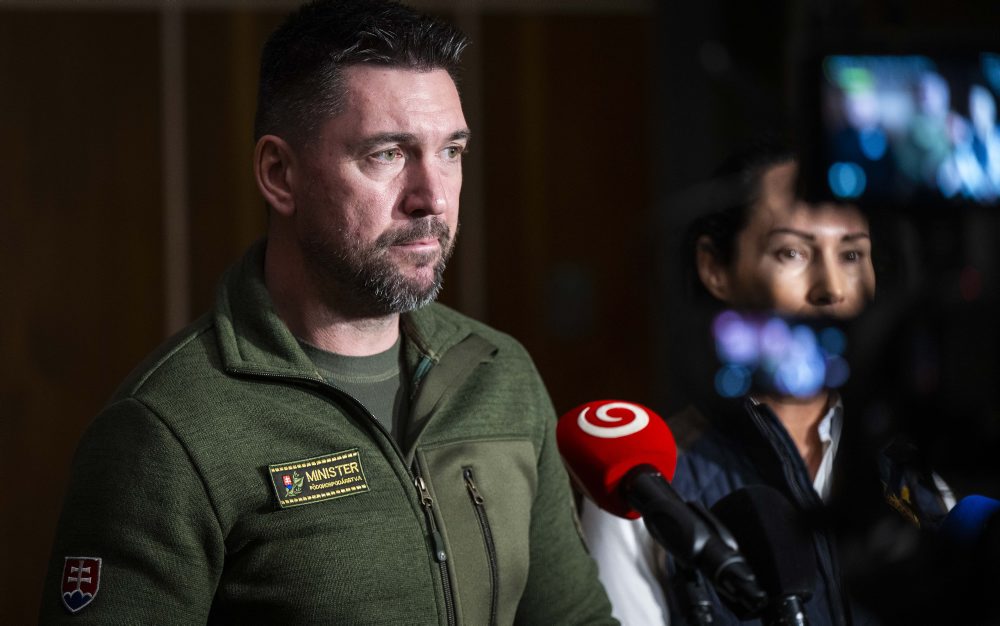



.png?Expires=1838763821&Key-Pair-Id=K2ZIVPTIP2VGHC&Signature=IO0~CT3pU-TcxGc~yoZSmoQx23MZVuK-~4jSii~NKEblRmyO3el7NXPu~Rh1o23voASg7hlcHLw4kvQuDK1jssEhcjoNBBvEpZ~GGOAU6yosBhpHpeF179F~h7i6VxmsBNh9gtTutkoqY73O2YCFey~IAqSzKbBqETP1kP9cAg1916Z1YkJJs-5MliMrkZ5d7-mWGLbpHp2wGj2VlMph8XzYlL4~y1O7fB~JdIS~Rs4RMRs2x0WT1qUIpHAsf3GdwtOyAmKFSpIg8xCyNGZZ5h~13nXlmpd7uPvW8tBfttpG9pFTqcway-uch5WyfHOEfi7UlJCOWrr6fCYY5PMgSg__)







